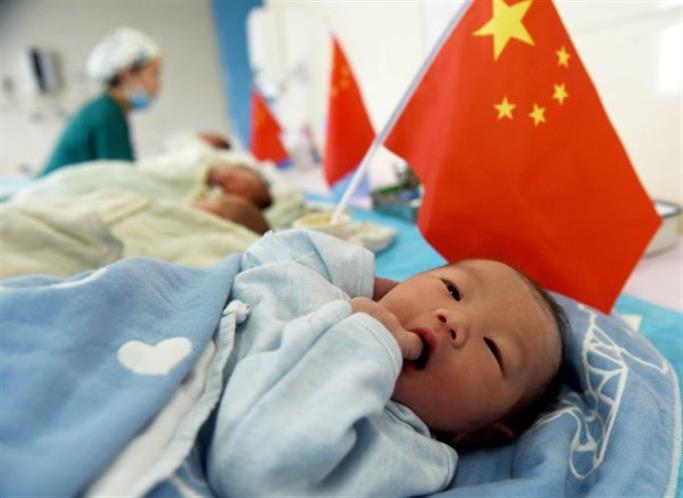According to the newspaper, at these meetings – known here as the Two Sessions – the participants will present initiatives such as eliminating the requirement of being legally married to give birth, registering children and allowing them to enjoy the same rights as those born in marriages.
The newspaper mentioned that the recommendation aims to ensure that single parents and those with more than three children obtain registration for housing, school registration, health insurance and employment.
In addition, it seeks to protect all mothers equally, regardless of their marital status, since in China only married women can enjoy preferential maternity-related services and policies, and register their children under the law.
Other proposals to be debated in the Two Sessions will be to limit the working day to eight hours and to eliminate the so-called ‘996’ system, which promotes working six days a week from nine in the morning to nine at night.
Likewise, the delegates will promote tax cuts and free or subsidized health and education for families with more than two children, as the law that allows having up to a third child has not yet yielded results.
The demographic problem was accentuated in China after the number of deaths increased to 10.4 million in 2022 and to 280 million people over 60 years of age, while only 9.5 million babies were born, the lowest rate in six decades.
These data reduced to 1,411.1 million the number of inhabitants in the continental part of the country and with this it could cease to be the most populated state on the planet in 2023 if it is confirmed that India exceeds 1,412 million individuals, as the UN estimated.
Added to this are trends such as the decrease in marriages, an increase in divorces and also the refusal of couples to have children due to the high cost of living and, specifically, of education.
jrr/jav/jf/ymr.










